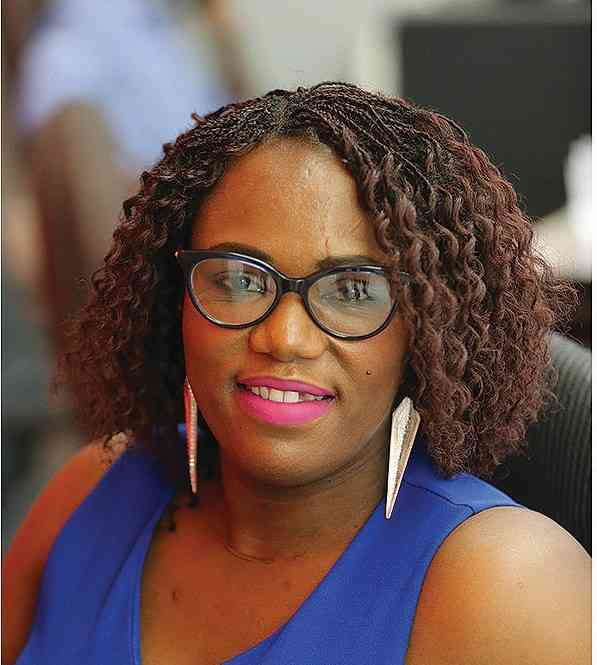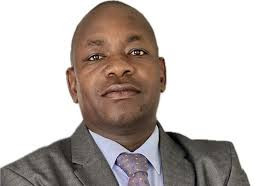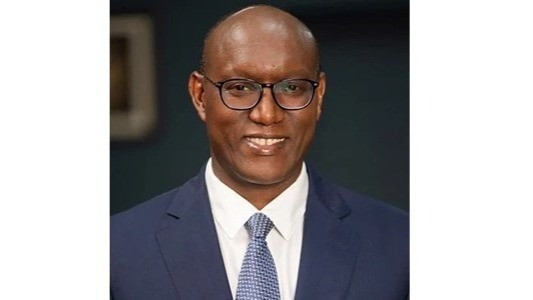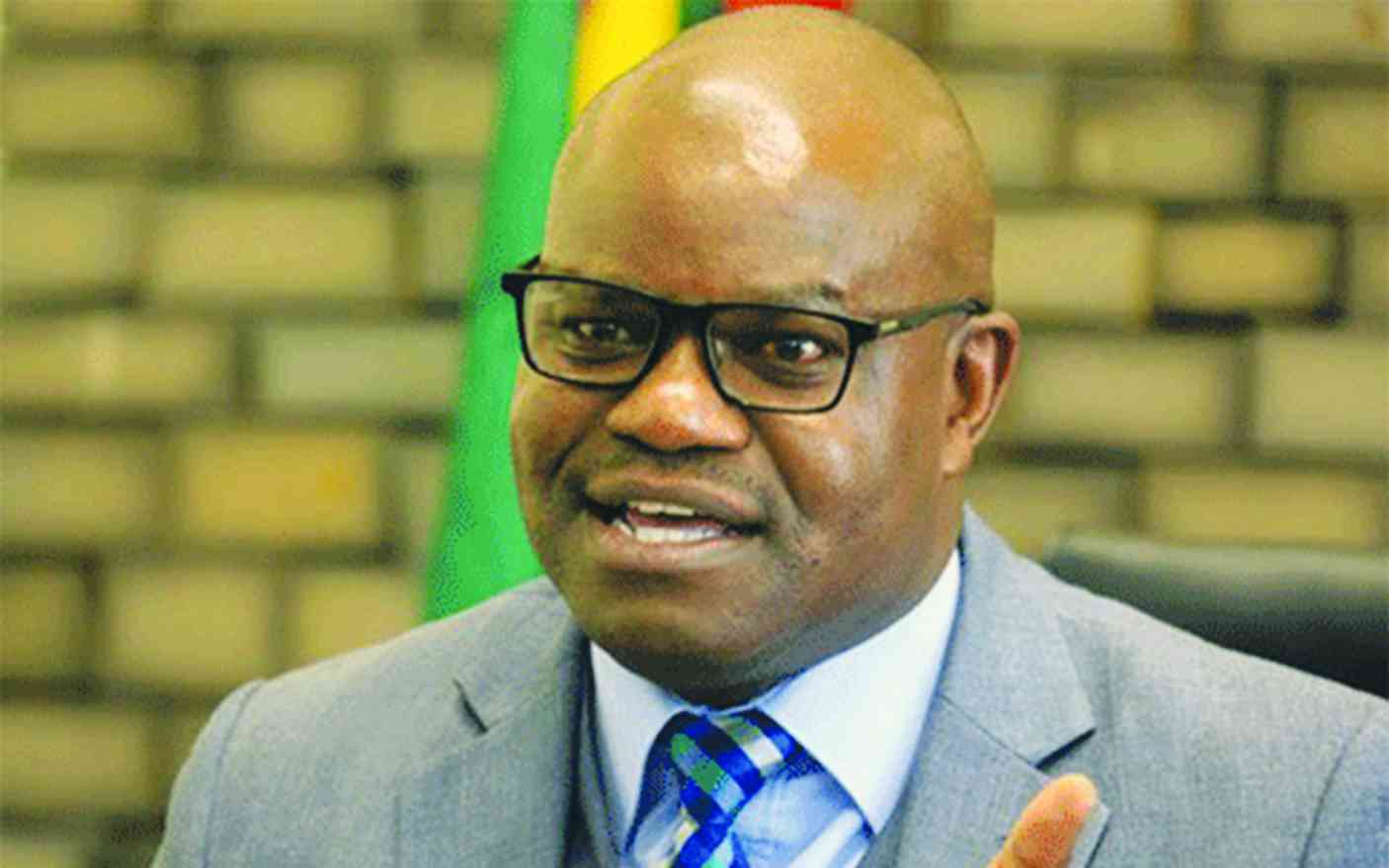
For more than three decades, Faith Zaba has stood at the frontline of Zimbabwean journalism — fearless, unflinching and unwavering in her pursuit of truth.
This week, as she stood in court facing allegations of “insulting or undermining the President” over a satirical column, the nation is reminded not just of the editor under scrutiny, but of the extraordinary woman whose contribution to media, democracy and national development is nothing short of profound.
Zaba is the editor of the Zimbabwe Independent, the country’s leading business weekly, where she holds the distinction of being the first woman to lead the newsroom in its nearly 30-year history.
Yet, her path-breaking journey began long before she took the helm. When she joined the Independent in 2009 as political editor, she became the first woman to hold a senior editorial position at the paper.
Over the years, she rose through the ranks — senior political editor, news editor and deputy editor — consistently breaking glass ceilings in a media landscape long dominated by men.
Her career, now in its 33rd year, spans print, online, radio and television, across both public and private media. Ten of those years were at Ziana, then Africa’s top news agency, where she rose from junior reporter to assistant editor.
In the private media, she has spent 23 years shaping national discourse, 16 of them at the Independent, covering some of the most pivotal stories of Zimbabwe’s modern history.
Her reporting credentials are legendary. She broke global news of the assassination of former Democratic Republic of Congo president Laurent Kabila, detailing events with precision long before social media made real-time reporting routine. Her authoritative political reporting, often produced alongside fellow investigative heavyweights, became so influential that Zimbabwe’s ruling Zanu PF party once barred politburo members from bringing cellphones into their meetings for fear of leaks.
- Malawi chiefs shut down Chinese owned mines
- Malawi chiefs shut down Chinese owned mines
- Byo hosts annual media summit
- Feature: Pigeon rearing changes man’s life
Keep Reading
Fearless, meticulous and principled, she has earned national and regional recognition, culminating in her being named the 2022 Africa Laureate for the prestigious Women in News Editorial Leadership Award — a recognition reserved for the continent’s most impactful media leaders.
Her courage has not shielded her from hostility. Zaba has weathered social media attacks, intimidation and pressure, yet she has remained resolute. Her resilience has become a lifeline for younger journalists who see in her not just a leader, but a role model who demonstrates that women, too, can shape the national narrative with authority and integrity.
Beyond the newsroom, Zaba’s influence is deeply felt in the civic space. She is a trustee of the Media Institute of Southern Africa (Misa) Zimbabwe, a former board member of both Misa Zimbabwe and Transparency International Zimbabwe, and a member of the global Women in News Guild — a network of senior women editors and publishers from Africa, South-east Asia and the Arab region charting the future of global media.
Her mentoring work is one of her most enduring legacies. In 2021, she co-founded the Womentorship Programme with the Friedrich Naumann Foundation (FNF), offering structured skills training and career support to young female journalists.
To date, the programme has trained nearly 450 young women across Zimbabwe. In a sector notorious for misogyny and sexual harassment, Zaba has become a pillar for victims — offering counselling, guidance and a safe space for women navigating gendered violence in newsrooms.
Her advocacy extends to powerful publications. In 2023, she produced Coming Out of the Shadows: The Untold Stories of Sexual Harassment in Zimbabwe’s Media, a ground-breaking exposé amplifying the voices of survivors funded by FNF.
She has also developed campaign messages on sexual harassment for the informal sector under the Just City — Sexual Harassment Complaints for Bulawayo, Friedrich Ebert Stiftung (FES) project.
Through FNF’s Human Rights Hub in Geneva, she authored Unseen & Unheard: LGBTQIA+ Struggles for Equality in Zimbabwe, pushing national conversations into territories long considered taboo.
Her leadership also reaches political spaces. Working with FES,, she has trained youth leaders from Zanu PF, Citizens Coalition for Change, trade unions, student groups and civil society in communication and political messaging.
This year, she went further — training women legislators, senators and councillors to help amplify women’s voices in public policy and political life.
Zaba’s mission has always been clear: to build a more informed, just and accountable society. Whether exposing corruption, advocating media reforms, mentoring young reporters or empowering women leaders, her work has consistently strengthened Zimbabwe’s democratic fabric.
Zaba holds a diploma in Mass Communication from Harare Polytechnic College and a Master of Arts degree in International Communication from Macquarie University in Sydney, Australia.
She also attained a Media Management certificate from the University of Witwatersrand, South Africa.
Zaba has undertaken an intensive facilitation programme run by anew, a leadership and organisational development firm based in Cape Town, South Africa.
“My journey has never been a straight line or a story of effortless success,” she said ahead of the trial.
“It has been a story of resilience, of falling hard, standing up and pushing forward even when the weight felt unbearable. Since graduating in 1992, I have walked through newsrooms that were both inspiring and bruising. I have faced workplace bullying, cyberbullying, sexual harassment, discrimination — you name it. There were moments when the pressure at work collided with the responsibilities at home, and the emotional toll pushed me into depression. More than once, I asked myself whether it was worth it,” she added.
“When I joined the media 33 years ago, our ambitions were shaped by the limitations of that era. We were trained for mainstream newsrooms, taught to follow a rigid ladder and told that if we worked very hard, and if fortune smiled on us, we might one day become editors. But the truth is this: for women, the road to the top is not a ladder. It is a staircase — steep, winding and exhausting. Men often start on the fourth floor because there is an elevator waiting for them. We start on the ground floor, climbing every step on foot, in heels, very often while carrying children on our backs. Every promotion required twice the effort, twice the patience and three times the emotional strength. I never imagined I would reach these heights. I only imagined surviving. I only imagined keeping my voice intact,” she told the Independent.
As she faces trial, her legacy stands taller than any charge. Faith Zaba is more than an editor. She is a pioneer, a defender of rights, a shaper of national consciousness, a mentor, a survivor and an unwavering champion of press freedom.
For Zimbabwe, her story is a reminder that journalism, real journalism, remains both a beacon of hope and an act of courage.











